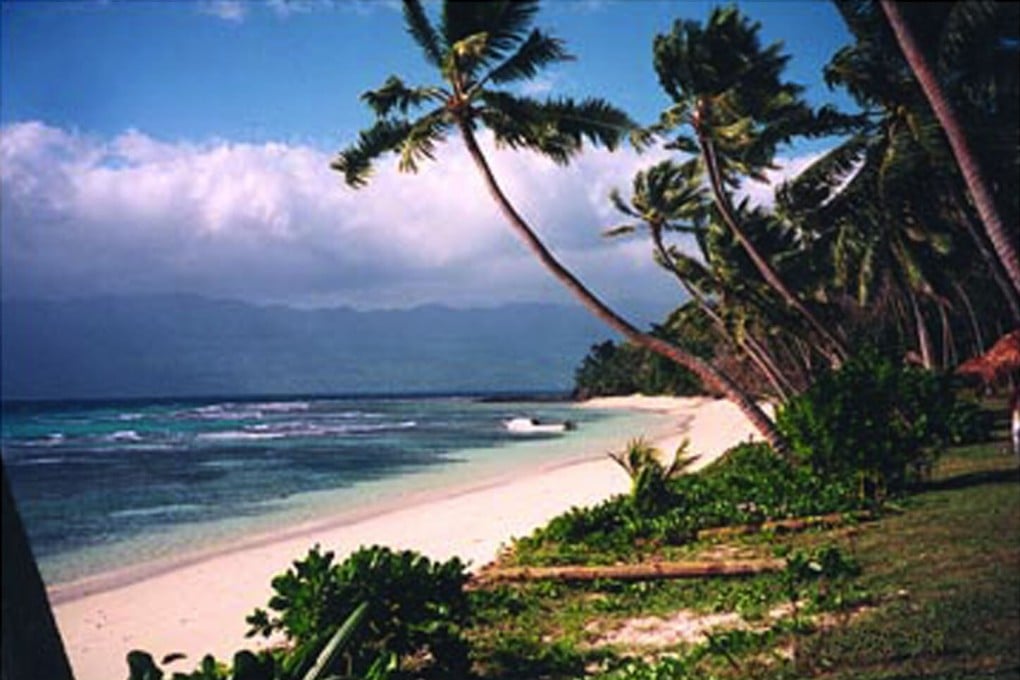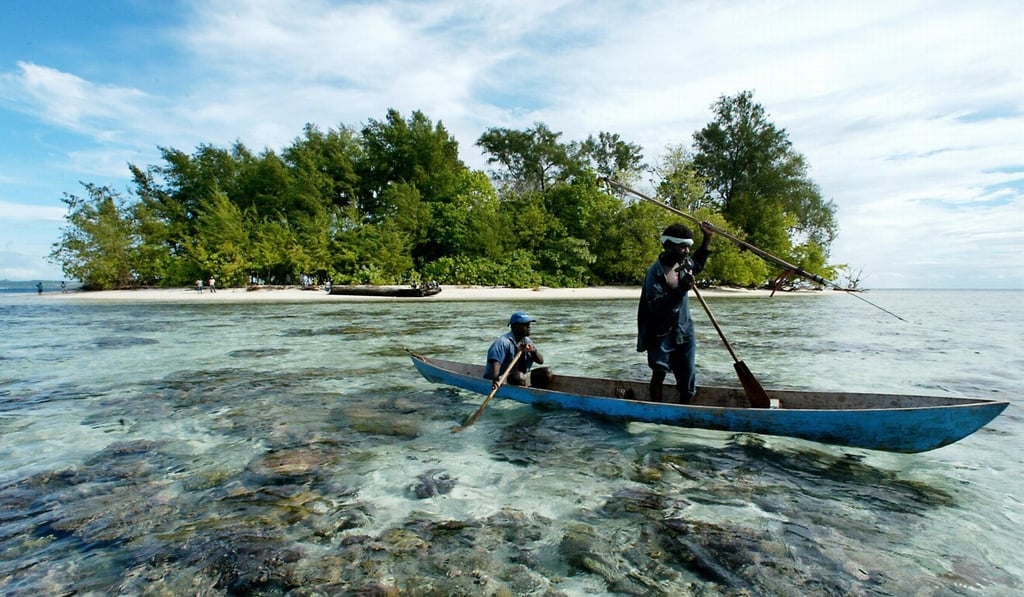Pacific Islands look to US, Australia, New Zealand for help with Covid-19 vaccines
- The geographical advantages that helped the likes of Tonga and Kiribati remain coronavirus free have also ended up hurting the tourism-dependent nations economically
- Their larger regional neighbours say they will lend a hand, but challenges include storage and distribution, anti-vaccination sentiment, and affordability

But those same geographical advantages have amplified the pandemic’s economic toll. Tourism-dependent economies such as Fiji, Vanuatu, Paulu and the Cook Islands are facing some of the sharpest economic contractions in the world this year, ranging from between 7 per cent and 19.8 per cent, according to the Asian Development Bank’s (ABD) latest economic forecast.
“They are desperate to open borders and get their economy going but quarantine-free travel will be a long time coming,” said Colin Tukuitonga, former director general of Pacific Community, an intergovernmental development aid organisation.
“The vaccine is critical to these plans – it reduces the risk of Covid-19, but also restores confidence among planners and politicians that Covid-19 can be controlled,” he added. “It’s the one big thing the islands are hoping for in order to open borders and permit travel.”

The US is leading immunisation efforts in Palau, the Federated States of Micronesia, and the Marshall Islands, sovereign states that rely on Washington for their defence under a Compact of Free Association, with vaccinations expected to begin within weeks.
For other Pacific islands, the timetables for immunisation are less clear.